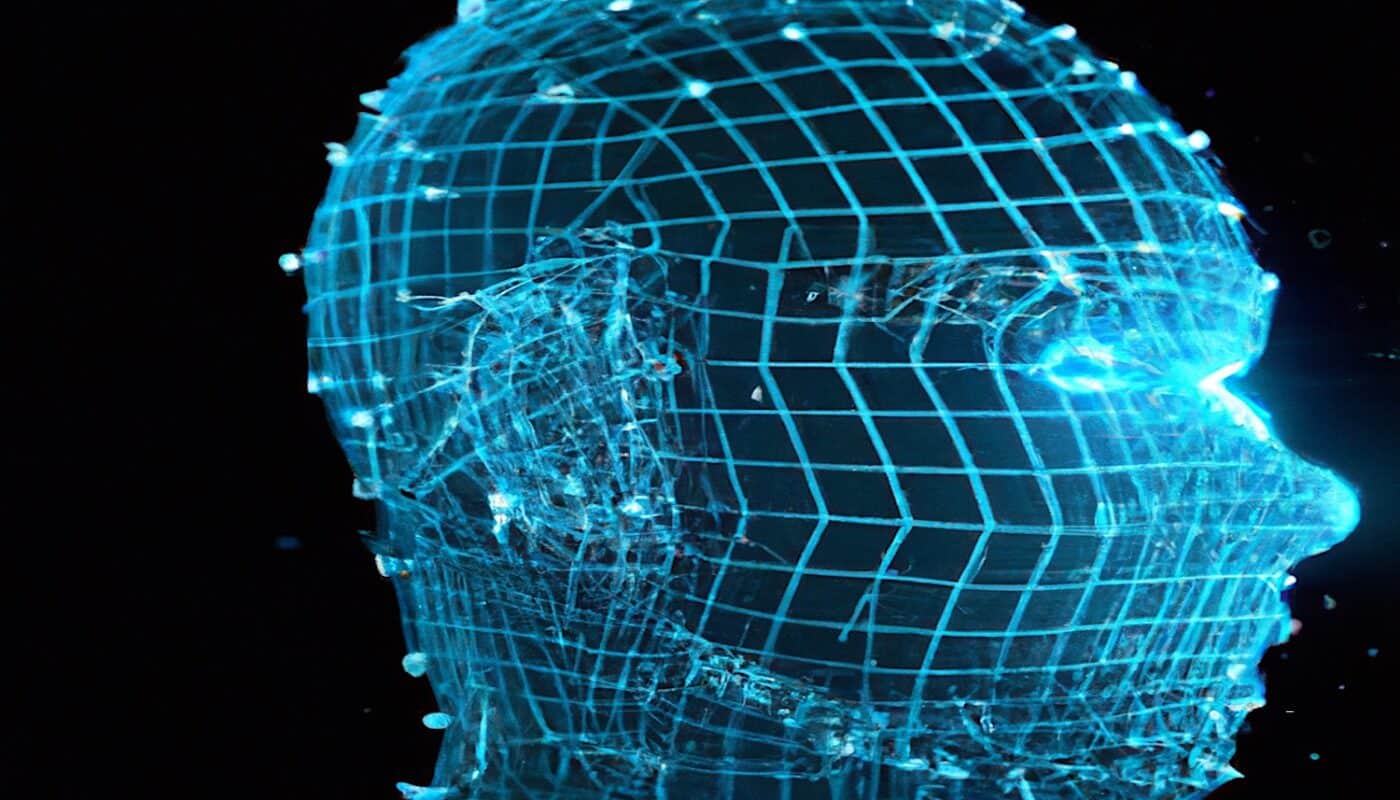Artificial intelligence (AI) is at the heart of many economic, social and ethical debates today. It raises important questions about the future of humanity and the relationship between man and machine. Faced with these challenges, member states are called upon to take a position on the development and use of this technology.
In this article, we’ll look at the main lines of thought concerningethics in artificial intelligence, as well as the initiatives put in place by certain member states to guarantee AI that respects human values.
The main ethical challenges of artificial intelligence
The rapid development of AI poses several ethical challenges, which can be grouped into three main categories:
- Liability: Who is liable if an AI’s decision or action has negative consequences? How can we assign legal responsibility to machines, developers or the companies that operate them?
- Transparency: AI algorithms are often highly complex, so it can be difficult to understand how they work and make decisions. This raises issues of fairness, impartiality and non-discrimination, particularly when AI is used in sensitive areas such as justice or employment.
- Privacy: The use of AI generally requires the processing of large quantities of data, some of it personal. This raises questions about the protection of individual privacy and the risk of widespread surveillance.
Member States’ AI ethics initiatives
Some Member States have already taken steps to regulate ethics in artificial intelligence, through guidelines, joint declarations or draft legislation:
- France has published a report on artificial intelligence, entitled “Donner un sens à l’intelligence artificielle” (“Giving meaning to artificial intelligence”), which puts forward a number of recommendations to guide AI research and use according to ethical principles.
- The European Union has presented ethical guidelines for AI, drawn up by a group of independent experts. These guidelines highlight seven key requirements, such as transparency, diversity and non-discrimination, and accountability.
- The United States has created a National Commission on AI, charged with examining the ethical issues surrounding this technology and proposing recommendations for legislation and regulation.
The role of business and civil society
In addition to member states, the private sector and civil society also have a role to play in the ethical framework for artificial intelligence. Many companies have already adopted ethics charters or set up internal committees dedicated to this issue. Researchers, academics and associations are also mobilizing to alert us to the ethical risks associated with AI and to put forward concrete proposals to limit them.
Ongoing challenges to guarantee ethical AI
Despite the initiatives put in place by Member States and private-sector players, several challenges remain to ensure the development of artificial intelligence that respects human values:
- International harmonization of ethical rules: Ethical approaches to AI vary from country to country, which can complicate international cooperation and the establishment of common standards. It is therefore crucial to continue the dialogue between member states to develop shared ethical standards.
- Raising awareness and training AI professionals: If ethical principles are to be truly integrated into the practices of artificial intelligence researchers and engineers, they need to be trained in these issues, and all players in the sector need to be made aware of them.
- Evaluation and monitoring of ethical impacts: It is essential to set up evaluation and control mechanisms to ensure that artificial intelligence applications comply with defined ethical standards. This could involve the creation of independent ethics committees or the introduction of certifications for companies developing AI solutions.
Ultimately, ethics in artificial intelligence represents a major challenge for Member States, who must work together to ensure harmonious development that respects human values. The initiatives already underway bear witness to a growing awareness of the risks associated with this technology, and are the first steps towards appropriate ethical regulation.






